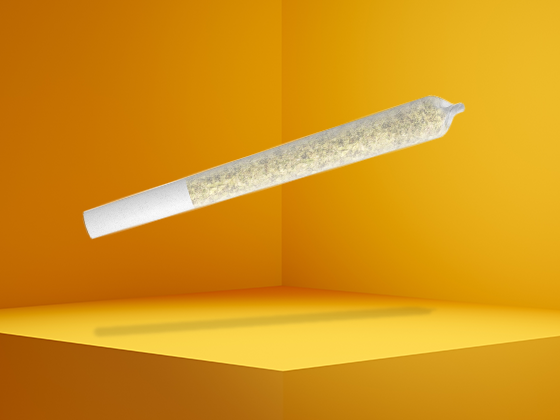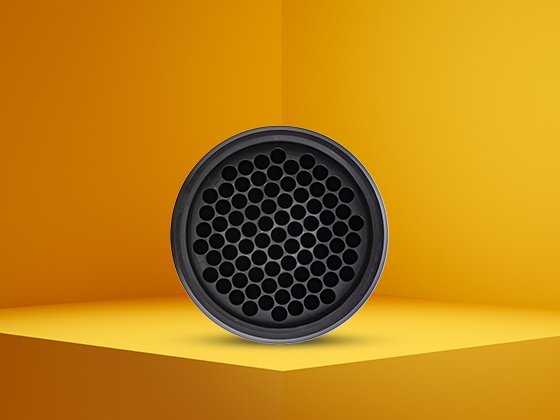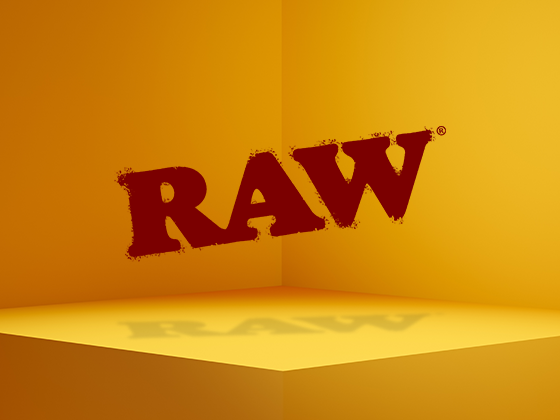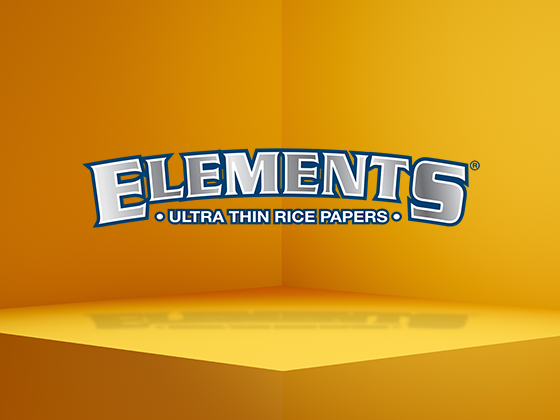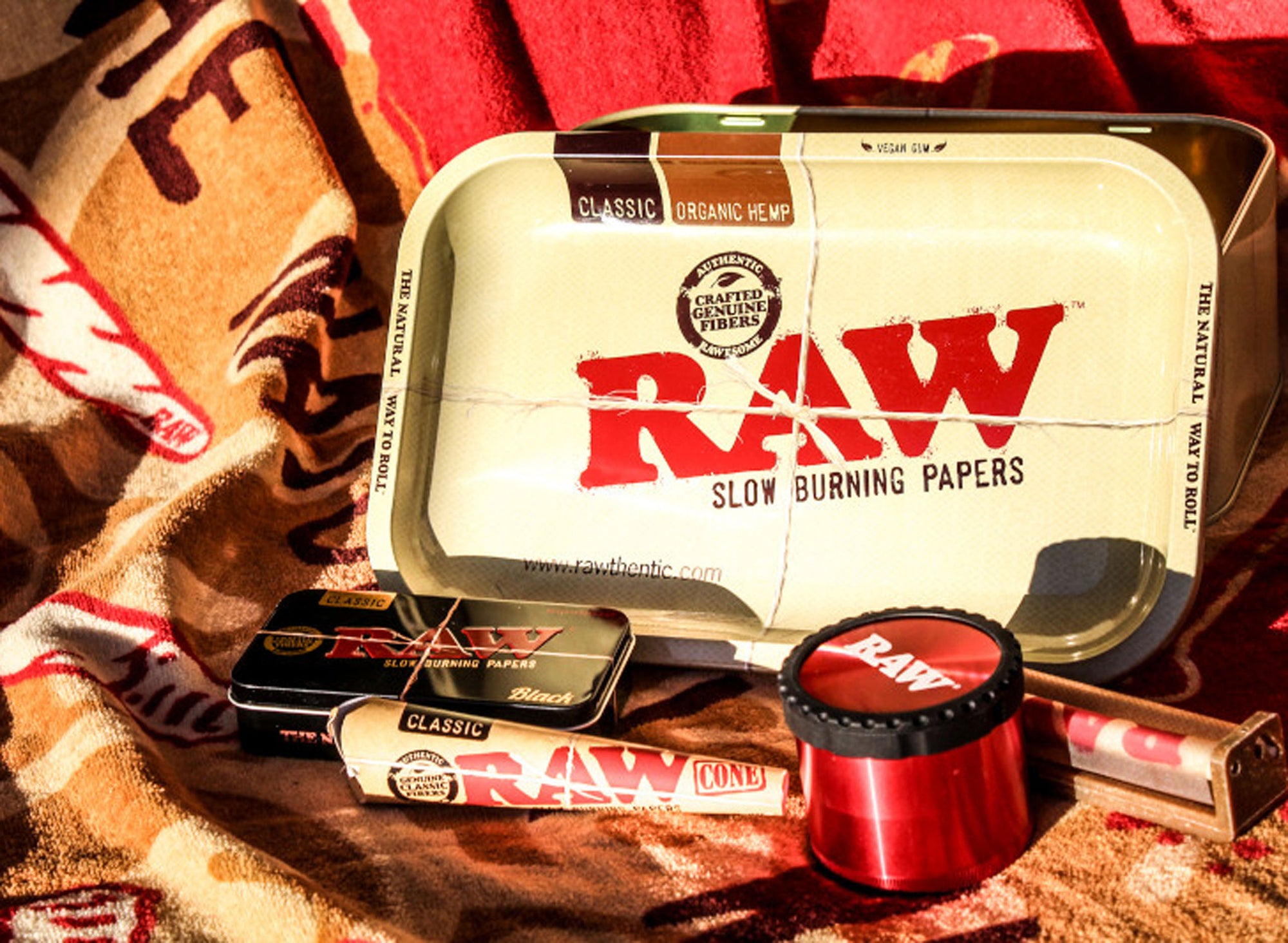Table of Contents
Understanding what joint paper is made of and what you can use as joint paper alternatives is essential knowledge for cannabis enthusiasts. Whether you've run out of rolling papers or are simply curious about different options, knowing the composition and alternatives can enhance your experience while ensuring safety.
Traditional Joint Paper Composition
Standard rolling papers are typically made from plant-based materials processed into thin sheets. The most common compositions include:
- Wood Pulp: Traditional papers often contain wood pulp processed to create thin, burnable sheets. These papers may contain chemicals from the bleaching process.
- Rice: Rice papers burn slowly and produce minimal ash. They're made from processed rice and often contain fewer additives than wood pulp varieties.
- Hemp: Made from cannabis plant fibers, hemp papers are popular for their sustainable sourcing and complementary burning properties. As detailed in this guide to buying the best joint papers, hemp papers often burn more evenly than alternatives.
- Flax: Flax papers offer a natural alternative with minimal processing, appealing to those seeking cleaner options.
Most quality papers also contain natural gum arabic as an adhesive strip, allowing the paper to be sealed when rolled. Some specialty papers may include flavoring agents or colorings, though purists often prefer unbleached, additive-free options.
Safe Alternative Materials for Rolling Joints
When wondering what you can use as joint paper in a pinch, several viable alternatives exist:
Corn Husks
Dried corn husks have been used traditionally in many cultures. They're natural, provide a mild flavor, and burn relatively slowly. To prepare:
- Clean and dry the husk thoroughly
- Trim to appropriate size
- Rehydrate briefly before rolling to increase flexibility
Rose Petals
Rose petals offer a fragrant, flavorful alternative. According to this resource on creative rolling alternatives, rose petals can be lightly toasted to create a pliable, smokable wrapper.
Household Items That Can Substitute for Joint Papers
Common household items can serve as emergency substitutes when considering what you can use for joint paper:
Bible Pages
The thin pages of a Bible (particularly the blank ones) have historically been used as rolling paper substitutes. While effective due to their thinness and burning properties, this practice may be considered disrespectful by many.
Receipt Paper
Though not ideal due to potential chemical coatings, thermal receipt paper can work in emergencies. However, most experts recommend avoiding this option when possible due to potential toxins.
Cigarette Papers
Empty cigarettes can be carefully split and emptied, with the paper repurposed for rolling. This provides a ready-made paper with filter, though cigarette papers often contain additives.
For those concerned about safety when using alternative materials, proper safety containers with child-resistant features are essential for storing both your herbs and your rolling supplies, especially in households where children might be present.
Materials to Avoid When Seeking Alternatives
Not all thin papers or materials are suitable substitutes when investigating what joint paper is made of or what alternatives exist:
- Magazine/Glossy Paper: Contains inks and chemicals that release toxins when burned
- Colored Paper: Dyes can release harmful compounds
- Treated Papers: Papers with chemicals, coatings, or fragrances should be avoided
- Aluminum Foil: Releases aluminum particles when heated, potentially harmful to lungs
- Notebook Paper: Too thick and contains chemicals from processing
Understanding what materials to avoid is just as important as knowing what can be used safely. As explained in this comprehensive guide on rolling and smoking joints, material selection significantly impacts both experience and safety.
Best Practices for Using Alternative Rolling Materials
When using alternative materials for joint rolling, follow these guidelines:
Preparation Techniques
Most natural alternatives benefit from proper preparation:
- Ensure materials are thoroughly dried before use
- Cut to appropriate size and shape
- Consider a light toasting to improve pliability
- Test burn a small piece to check for unusual odors or smoke
Rolling Considerations
Alternative materials may require adjusted rolling techniques:
- Use a filter/crutch to provide structure
- Roll more loosely than with traditional papers
- Consider using honey or fruit juice as natural adhesives
- Practice with the material before adding valuable herbs
For detailed techniques on rolling with alternative materials, this ultimate guide to rolling joints provides valuable insights for various styles and materials.
Future Innovations in Rolling Materials
The cannabis accessory market continues to evolve, with new rolling materials emerging:
- Biodegradable Options: Environmentally conscious papers that decompose quickly
- Hemp-Cellulose Hybrids: Combining the benefits of multiple plant fibers
- Organic Certification: Papers certified free from pesticides and harmful chemicals
- Functional Additives: Papers infused with CBD or terpenes for enhanced effects
As consumer awareness grows regarding what joint paper is made of, manufacturers are responding with cleaner, more sustainable options. For those who prefer not to roll at all, pre-rolled cones and automated rolling devices provide convenient alternatives to traditional rolling papers.
Whether you're seeking emergency substitutes for what you can use as joint paper or simply exploring options beyond traditional papers, understanding material composition and safety considerations ensures the best possible experience. When in doubt, natural, unprocessed plant materials typically offer the safest alternatives to commercial rolling papers.

